
Calls have intensified for African countries to increase funding for their health sectors.
The clarion call was made at the first International Steering Committee meeting expected to kick start preparations for the International Conference on AIDS and STIs in Africa (ICASA), scheduled to take place in Ghana next year
According to the World Health Organization’s epidemiology fact sheet 2023, globally, 1.3 million people acquired HIV in 2022, a 38%, reduction from the 2.1 million people infected in 2010. This means that there is a decline in new HIV infections, but the disease prevalence remains a major global public health issue, especially in Africa.
The annual International Conference on AIDS and STIs in Africa (ICASA) offers African governments the opportunity to discuss national responses and strengthen their health system to control and mitigate the impact of HIV/AIDS, tuberculosis, malaria, and other emerging infections.

Ghana was selected to be the host country for the 23rd edition of the ICASA, offering the country the first-time opportunity to host the biennial conference that aims at collaborating with other national, regional, and international organizations, to institute policies and promote research knowledge to support each other’s efforts.
President of the International Conference on AIDS and STIs in Africa, Dr Pagwesse Pavirenyatwa, called for special focus on domestic funding sources.

“What we have always said as Society for AIDS in Africa is that our dependence on external support is dwindling and it is our duty now as African governments and as organizations on the African continent to be able to look at resources within our own African country and being able to mobilize those resources towards the health system. And therefore, if we can do that effectively, we’ll look at diseases like HIV as diseases of the past by 2030,” he suggested.
According to Dr Pavirenvatwa, “If we continue looking outside our continent, we’ll therefore depend on the agenda of those who are donating aid to us. So, I think it’s high time that Africa just wakes up and takes its own resources, diamonds, gold, oil and invest it into the health systems of their own countries.
He noted that, “it is important to recognize that HIV while it is seemingly stable and there is a bit of complacency among the populations in fighting HIV, but we are aware that among the youth it’s shooting up and therefore we must address the youth component in terms of HIV, in terms of awareness to the youth and that’s where investments should be put now, because that is the largest component where HIV is growing.“
This 1st meeting, which had 25 member countries in attendance, will offer the steering committee the opportunity to select the appropriate logo for the ICASA 2025, finalize the theme and objectives, and agree on key dates and roadmaps among others.
Prof. Muhamed Chakroun- Vice President for the Society for AIDS in Africa noted how important this first meeting is to promoting inclusivity.

“Is very important for ICASA because we aim to work inclusively. So, there are 25 countries present in this first International Steering Committee. And also, the presence of communities and other partners. So, the main objective of this first Steering Committee is to adopt the logo of ICASA 2025 and also to select one theme and five objectives of this conference.
We are working and we are aligned on many objectives, as I mentioned in my presentation. Also, in the African Union 2063 and other goals that we have to achieve by 2030 to end AIDS in Africa and in the world. So, this meeting is for us an opportunity to discuss how we can achieve these goals. And how also to select one theme that will be aligned with this all achievement,” he explained.
In Ghana, between January to September this year alone, 44,000 cases have been newly diagnosed out of 1.3 million people who tested, with the youth recording the highest.
Director General of the Ghana AIDS Commission, Dr. Atuahene Kyeremeh encouraged the general public to test while noting that discussions at the conference will have a special focus on the youth.

“Young people, especially adolescents and young adults are very important in the HIV response because we know that in Africa, in many countries, they account for between 25 to 35 new infections. And so, we need to do everything to ensure that we reduce new infections among young people. And for that reason, their issues are highly prioritized in the ECASA program.” he explained.
Dr Kyeremeh noted that “a special session on young people and the program for the special session will be developed with active involvement of young people between the ages of 15 and 24. So young people are very critical, and we prioritize all the issues about them, and we make sure that the program actually addresses the needs of young people so far as health issues are concerned.
He assured that “The Commission is ever ready and well prepared to host the conference. We are already setting up a national planning committee in conjunction with the organizers and so they will be driving all the activities in terms of planning,”
More than ten thousand delegates from over 120 countries are expected in the country for the conference scheduled to take place in December 2025.
The post Curbing HIV/AIDS: Stakeholders call on African governments to find local sources of funding first appeared on 3News.
Read Full Story
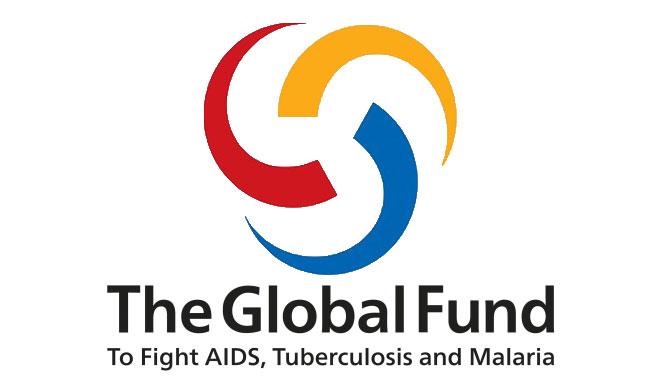
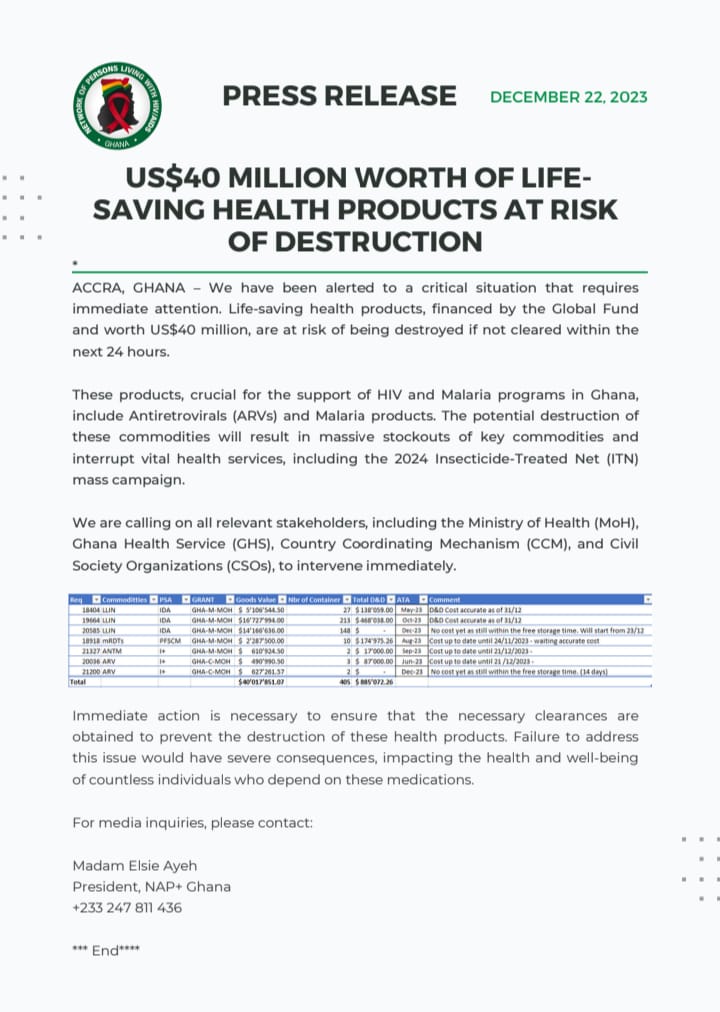








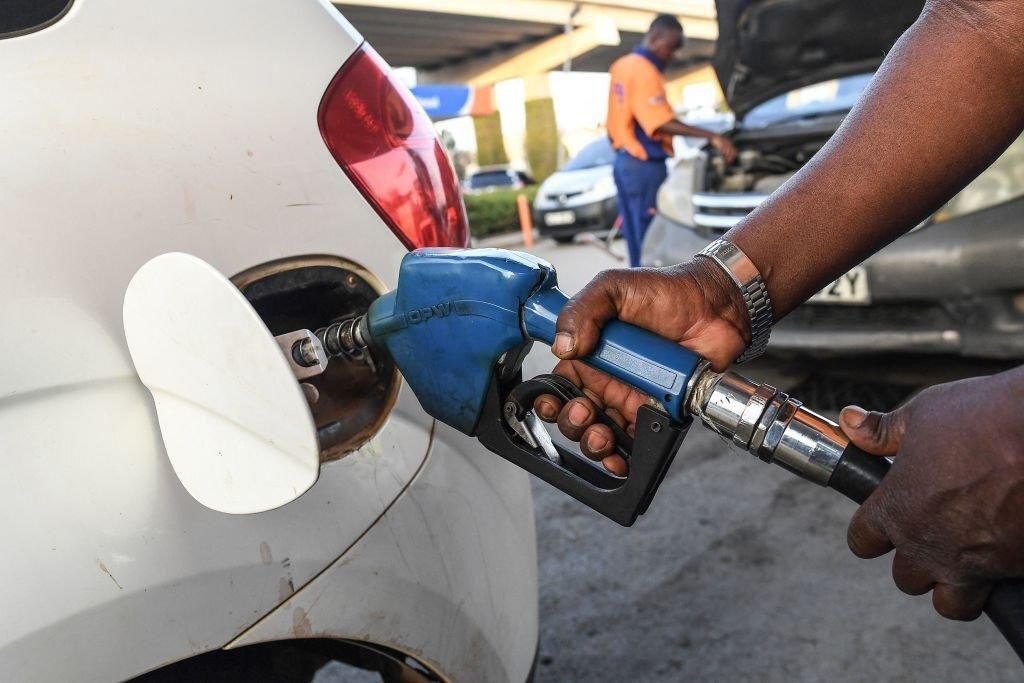
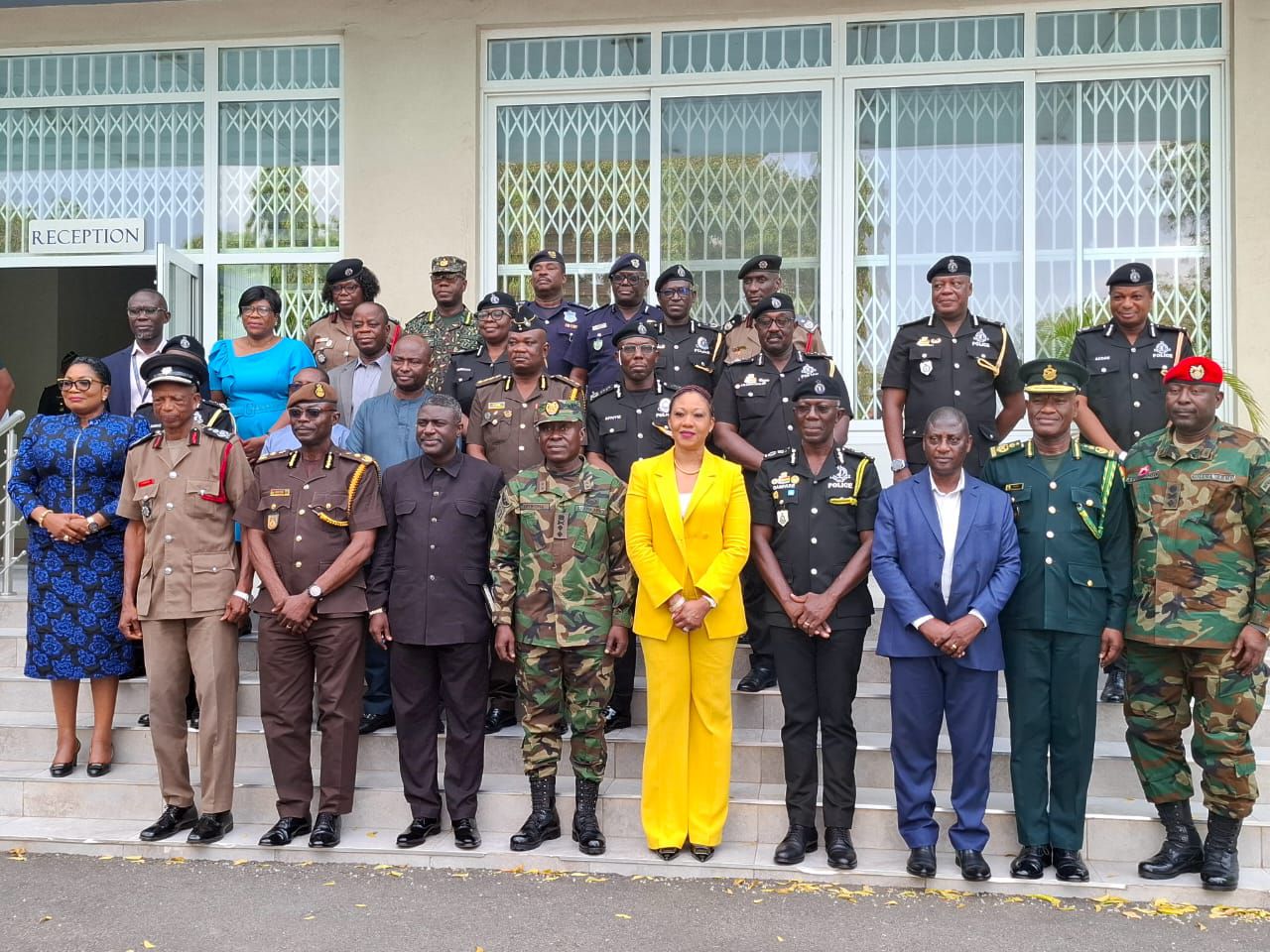



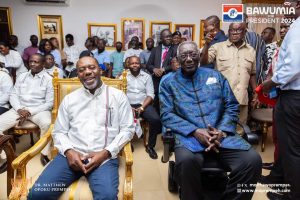
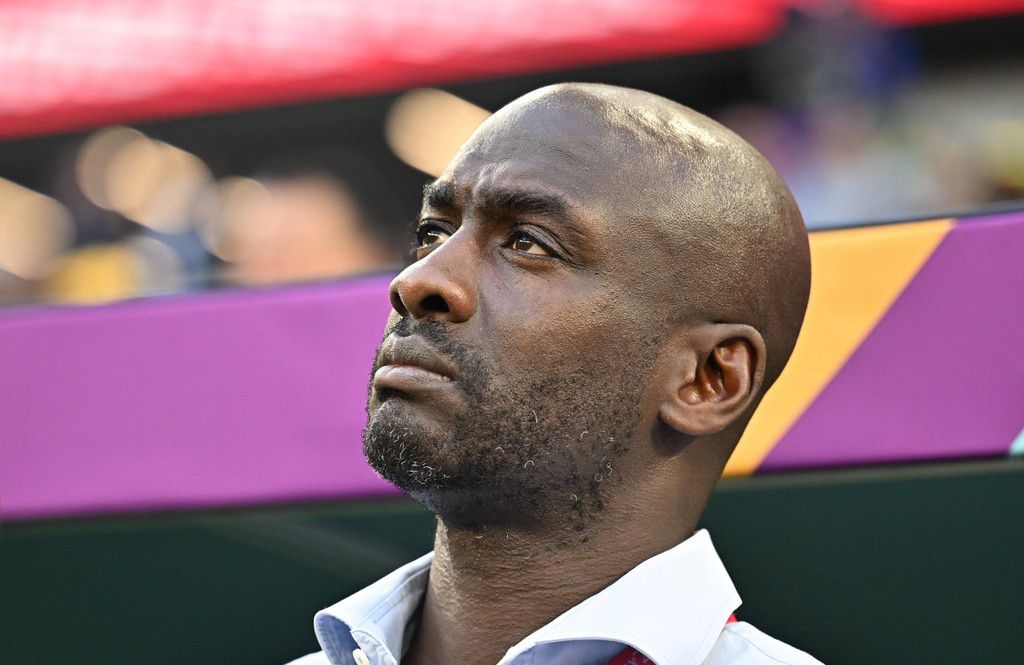

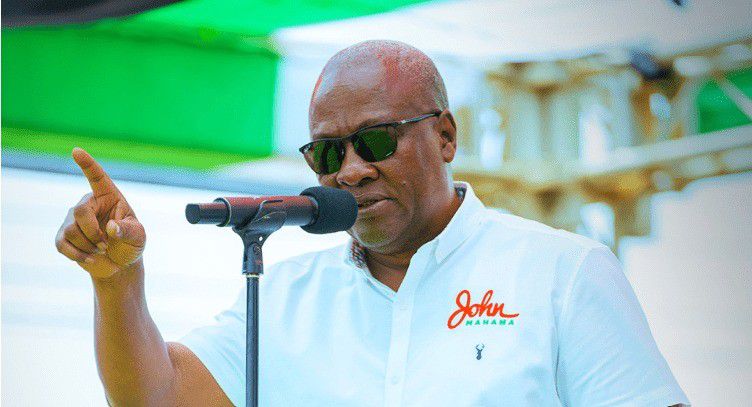


Facebook
Twitter
Pinterest
Instagram
Google+
YouTube
LinkedIn
RSS